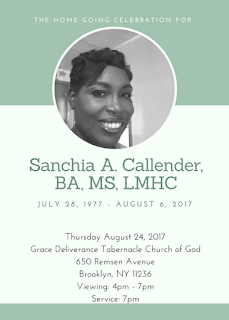Real Autism
Bev of Asperger Square 8 has an insightful post that includes commentary on Michael Savage, the impact of the language we choose to use when talking about autism, and how we choose to react when confronted with someone who is some how different from us.
Emphasis added. Read the whole thing.
Autism. Really.
Somebody quacked. Somebody screeched. Then came a yelp in a lower register. Tourette’s maybe? That was my first thought. It happened again. Quack, screech, YELP, the same exact cadence. I was enjoying it somewhat. Once in awhile I will chirp or trill, but I was quiet for this ride. Quack, screech, YELP. The man in front of me was getting angry. I could see his neck turning red and his eyes narrowing as he tried to concentrate on his book. On the next quack, he turned sharply to the young men behind me. Would you be quiet? Because that is very rude. Briefly, there was nervous laughter, as the offender(s) seemed to debate whether or not compliance was warranted. Not Tourettes? Was the quacking voluntary? How much did it matter?
***
The quack and screech on the train didn’t matter to me. The noise was disruptive in much the same way the loud chatter of people on cell phones and the ubiquitous honking of horns was. Once it occurred to me the yelps might be the workings of a neurology which demanded them, the contrary thought that this wasn’t the case had less room to maneuver, less power to offend. Maybe this was one of those behaviors that, while voluntary, can be suppressed only with great effort and at the expense of energy needed to function in other areas. I have a few of those myself. Ticket. It had cost me nothing to assume the quacking was necessary.
What does matter about this, about the Savage view of autism, is that it discourages tolerance in a world where tolerance is so scarce already. What hasn’t been as widely recognized is how the language used by autism charities and others calling themselves advocates has contributed to the slippery slope down which the filth of Michael Savage’s words came sliding. How can people accept “train wreck,” “tsunami,” and all of the other inappropriate, harmful terms used in speaking of autism, only to turn indignant when somebody dares to call autistic children “brats?” Where was the anger at “burden” and “empty shell” and false analogies to cancer and abduction? I saw plenty of the “neurodiverse” write against these things, but what about those “advocates” who insisted such complaints were trivial?
Meanwhile, a man threatens to burn down a house where a boy spins in the front yard. Meanwhile a mother and child are denied service at a restaurant. A family is ejected from an airplane. A child is evicted from his kindergarten class, a family is banned from attending church, a teen is given a series of shocks at the Judge Rotenberg Center for the crime of standing when he had been ordered to sit. Another autistic adult is denied a job, another is fired, another is banned from a retail shop. On and on and on.
Do these things matter only if they happen to someone you have decided is the “real” autistic? Where is the line that defines discrimination?
As always, those with power will define what is “real” for the rest. Power is not just in money and status, but also in the currency of language. Every time, in the name of advocacy, someone asserts, without consequence of strong rebuttal, that certain autistics are less deserving, less real than others, the Savages of the world are empowered.
Emphasis added. Read the whole thing.
Technorati Tags:autism, disability, michael savage, savage, advocacy
Generated By Technorati Tag Generator


Comments
Post a Comment